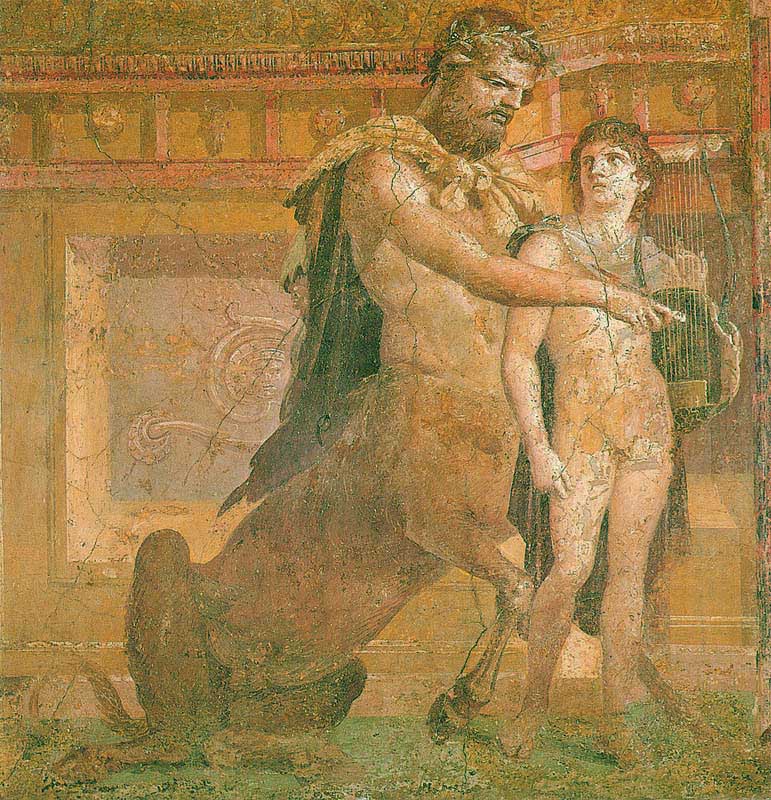Chapter 14. (continued)
It
is familiar and cliché to push young people to aspire to courage. But clichés
get to be clichés because they express something true. Amid the hazardous background of the physical universe, life strives to create stable, growing
pockets of order. In the case of humans, it does so by programming into young
people an entire constellation of values around the prime value called “courage”.
From it, behaviors that meet and overcome adversity flow, and societies that
believe in courage survive better because of that belief.
And
now we come to a subtler insight. The value society instills into its young to
make them seek out, meet, and conquer adversity must be balanced with a second
value that will cause the energy put into seeking challenges to be focused so
the individual can deal with those challenges efficiently. There is nothing to
be gained by teaching young people blind aggression; it will only run amok in its
own society and sometimes other societies. Eager, but directionless, young
people end up hurting themselves in car crashes, daredevil stunts, and street
fights, while accomplishing little or nothing in useful, material terms.
The
courage-tempering value is usually called wisdom,
but intelligence and judgment are also terms for this same
value. Wisdom has the effect of directing humans to achieve objectives by
behaviour patterns that employ their energy efficiently. It is seen clearly in
the medieval code of chivalry and the samurai warriors’ code of bushido, both of which contain
instruction on how a man may be simultaneously brave and civilized, i.e.
“noble”.
Merlin
and Arthur (Frazetty)

The
Education of Achilles by the Centaur Chiron (from a fresco in Herculaneum)
Not
surprisingly, there are echoes of this balancing of courage and wisdom deeply
embedded in mythology. The Greek heroes Jason, Achilles, Perseus, Theseus, and
Aeneas all needed Chiron, the wise, kind, moderate teacher. Among the early
Britons, Arthur needed Merlin. In modern myth, Luke Skywalker needed Yoda, Dorothy,
Glinda, and Katniss, Haymitch. Courage tempered with wisdom.

Characters
Dorothy and Glinda, from the film The
Wizard of Oz

Thomas Carlyle (sketch by Samuel Laurence)
The
most familiar moral value that is a hybrid of courage and wisdom is the one
known as work. Diligence and conscientiousness
are two of its other names, as most of us are wearily aware. But the dreary,
tedious, clichéd feel of this values cluster should not discourage us. Clichés,
like this one about the nobleness of work, become clichés because they express
something that is universally true. “I'm a greater believer in luck,
and I find the harder I work the more I have of it.” (Thomas Jefferson) “Genius is 1% inspiration and 99% perspiration.”
(Thomas Edison)
Courage is good. Intelligence is good. We
learn that if we want to achieve great things we have to work very hard. Added
together, and spread over lifetimes, wisdom and courage produce the synthesis
called work. Thomas Carlyle distilled
the idea well:
For there is a perennial
nobleness, and even sacredness, in Work. Were he never so benighted, forgetful
of his high calling, there is always hope in a man that actually and earnestly
works: in Idleness alone is there perpetual despair. Work, never so Mammonish, mean,
is in communication with Nature; the real desire to get Work done will itself
lead one more and more to truth, to Nature’s appointments and
regulations, which are truth.3
No comments:
Post a Comment
What are your thoughts now? Comment and I will reply. I promise.